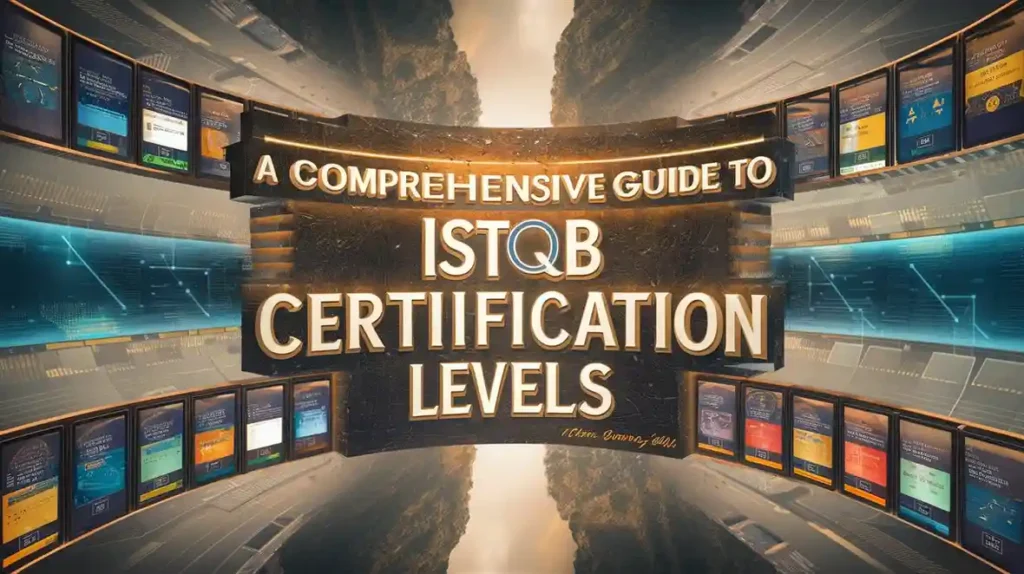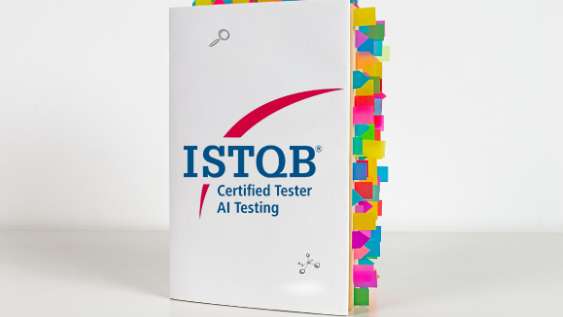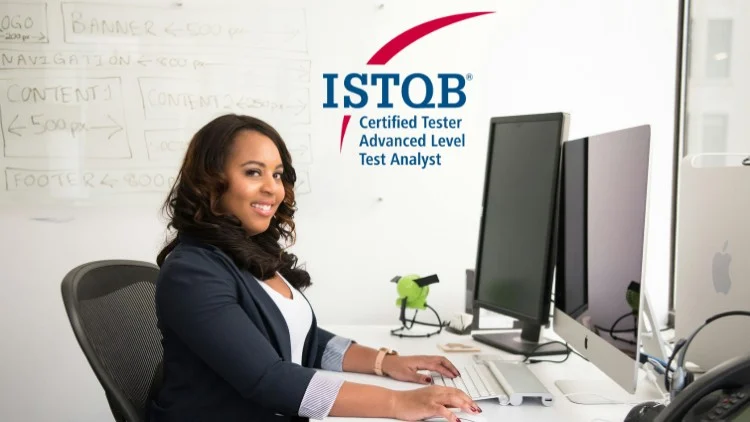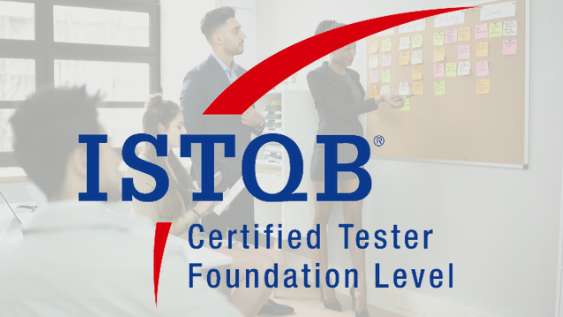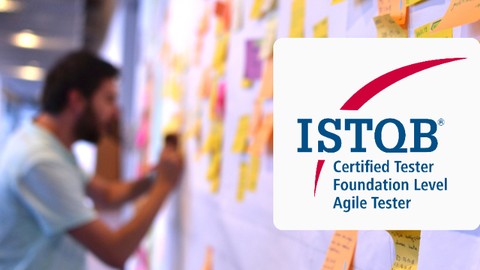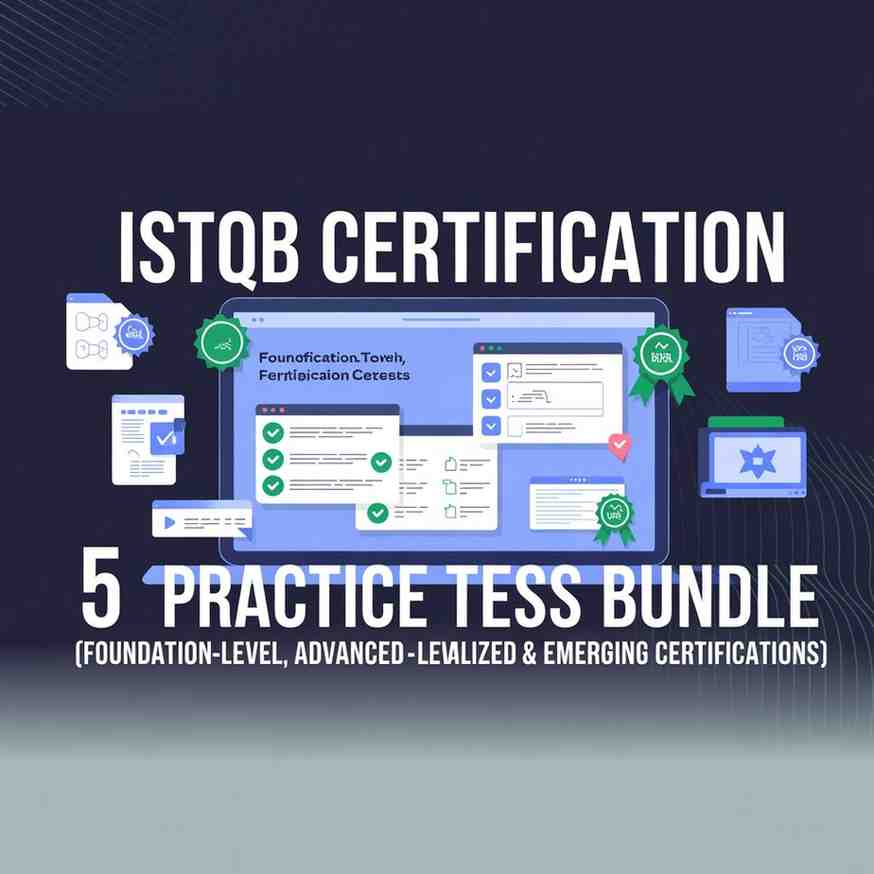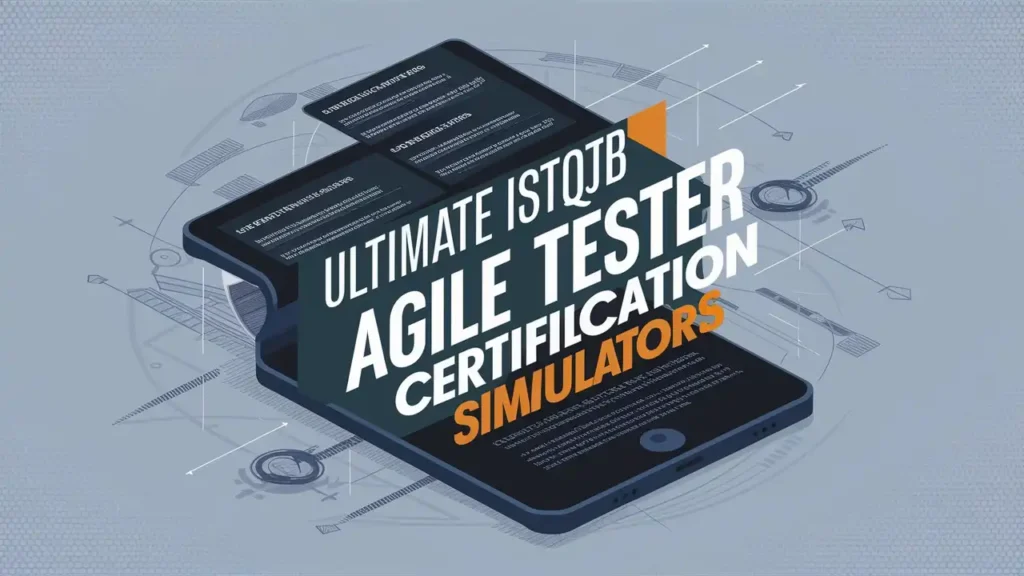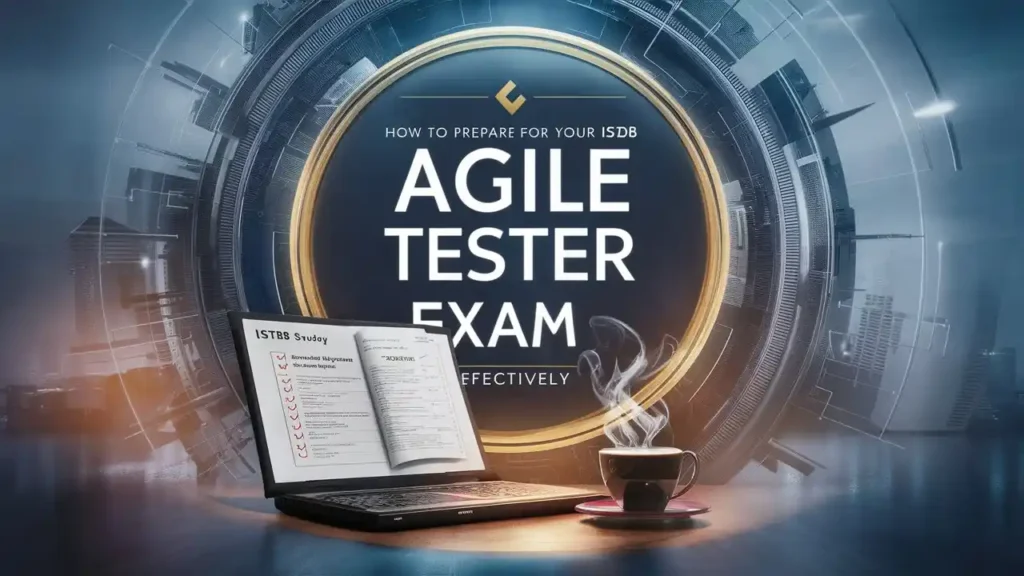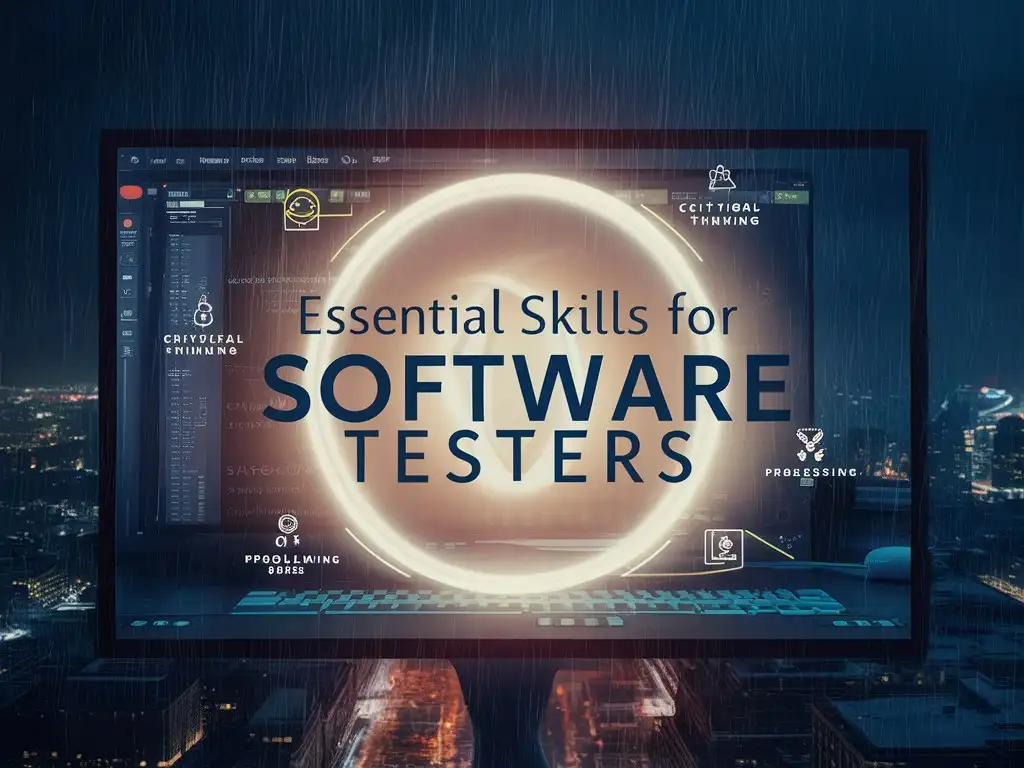Introduction: Why ISTQB Certifications Matter 🌍
In the fast-evolving field of software testing, professionals must stay ahead by continually enhancing their skills. The International Software Testing Qualifications Board (ISTQB) offers a globally recognized certification program that validates your expertise and enhances your career prospects. With multiple certification levels available, how do you decide which one is right for you?
For those preparing to take their ISTQB certification exams, practice exams can be incredibly helpful. Check out these resources:
- ISTQB Test Manager Advanced Level Practice Exams
- ISTQB Certified Tester Advanced Level Practice Exams
In this blog, we’ll break down the ISTQB certification levels, their prerequisites, and target audiences, helping you make an informed decision on which path to choose for your professional growth.
What is ISTQB? 🤔
The ISTQB is a leading global organization that provides standardized qualifications for software testers. Its certifications are recognized worldwide and designed to equip professionals with the knowledge and skills needed to excel in software testing. Whether you’re a beginner or an experienced tester, there’s an ISTQB certification tailored to your level of expertise.
If you’re just starting, consider preparing with ISTQB Certified Tester Foundation Practice Exams, designed to help you grasp the basics effectively.
ISTQB Certification Levels: A Quick Overview 📘
The ISTQB certification scheme is structured into three main levels, each building on the previous one:
- Foundation Level (CTFL)
- Advanced Level (CTAL)
- Expert Level (CTEL)
Let’s explore each level to understand its focus, prerequisites, and the target audience.
1. Foundation Level (CTFL) – For Beginners and Entry-Level Testers 🚀
Who is it for?
Aspiring software testers
Professionals new to software testing
Developers, project managers, and business analysts who want to understand testing fundamentals
What does it cover?
The CTFL certification introduces the basics of software testing, including:
Fundamental testing concepts and principles
Testing throughout the software development lifecycle
Static and dynamic testing techniques
Test management and tool support
Prerequisites
None! This is the entry-level certification, making it accessible to everyone.
Why pursue it?
The Foundation Level is the perfect starting point to build a solid understanding of software testing. It’s also a prerequisite for higher-level certifications.
For those preparing for the Agile Tester certification under the Foundation Level, try ISTQB Agile Tester Certification CTFL-AT Practice Exams to build confidence.
2. Advanced Level (CTAL) – For Experienced Testers 🔧
Who is it for?
The Advanced Level is designed for experienced testers who want to deepen their knowledge and take on more complex roles, such as:
Senior testers
Test analysts
Test managers
Quality assurance professionals
What does it cover?
The CTAL certification is divided into three modules, each focusing on a specific area:
Test Manager: Covers test planning, monitoring, and control.
Test Analyst: Focuses on test techniques and analyzing system requirements.
Technical Test Analyst: Emphasizes technical testing techniques and tools.
Prerequisites
To pursue the Advanced Level, you must hold the Foundation Level certification and have practical experience in software testing.
Why pursue it?
The Advanced Level equips you with the skills to handle complex testing scenarios, manage teams, and make strategic decisions. It’s a great way to advance your career and take on leadership roles.
Testers interested in mastering the AI component of testing can explore AI ISTQB Testing Certification Practice Exams, tailored for advanced understanding.
3. Expert Level (CTEL) – For Seasoned Professionals and Leaders 👨💼
Who is it for?
The Expert Level is tailored for seasoned professionals who want to achieve mastery in software testing, such as:
Test consultants
Testing experts
QA directors
Professionals aiming for top-tier roles in the industry
What does it cover?
The CTEL certification focuses on advanced topics and strategic aspects of software testing, including modules like:
Test Management: Advanced strategies for managing testing processes.
Improving the Test Process: Techniques for optimizing and improving testing practices.
Prerequisites
To enroll in the Expert Level, you must hold the Advanced Level certification and have significant experience in software testing.
Why pursue it?
The Expert Level is the pinnacle of ISTQB certifications. It demonstrates your expertise and positions you as a leader in the field. It’s ideal for those who want to influence testing practices at an organizational level.
Which ISTQB Certification is Best for My Career Stage? 🎯
Choosing the right ISTQB certification depends on your experience and career goals. Here’s a guide to help you match the certification to your career stage:
For Beginners (0–2 years):
Foundation Level (CTFL) is the best starting point. It provides a comprehensive understanding of software testing principles and lays the groundwork for advancing in the field.For Intermediate Testers (2–5 years):
Advanced Level (CTAL) allows you to specialize in specific areas of testing such as test management, technical testing, or test analysis. This level is ideal if you want to take on more responsibilities and refine your expertise.For Senior Professionals (5+ years):
Expert Level (CTEL) is designed for those looking to reach the pinnacle of the software testing profession. It equips you for strategic roles, including Test Director and Quality Assurance Manager.
Benefits of ISTQB Foundation, Advanced, and Expert Certifications 🌟
Each level of ISTQB certification offers distinct advantages, not only for your career progression but also for enhancing your technical and leadership skills.
Foundation Level (CTFL)
Benefits:
Provides a solid foundation in software testing.
Validates your understanding of testing concepts and tools.
Opens entry-level job opportunities in testing roles.
Advanced Level (CTAL)
Benefits:
Specializes in areas like test management, automation, and performance testing.
Makes you eligible for senior and leadership positions.
Adds credibility as a professional who can handle complex testing scenarios.
Expert Level (CTEL)
Benefits:
Prepares you for leadership roles in large organizations.
Offers specialized skills in process improvement and advanced automation.
Increases your earning potential and positions you as an expert in the field.
How to Choose the Right ISTQB Certification for Your Experience Level 🔍
Choosing the right ISTQB certification depends on your career stage, current knowledge, and aspirations. Here are some tips to guide your decision:
Assess Your Current Role and Experience:
If you’re a beginner, the Foundation Level is the natural starting point.
If you have at least two years of experience, consider moving to the Advanced Level.
If you’re aiming for senior roles like Test Manager or QA Director, Expert Level is the ideal choice.
Understand Your Career Aspirations:
If you want to manage teams or take on more strategic tasks, Advanced Level or Expert Level would be more aligned with your goals.
For hands-on technical roles, Advanced Level (Technical Test Analyst) might be best.
Look Ahead to Leadership Roles:
Consider Expert Level if you aim to be a thought leader or lead organizational changes in software testing.
Differences Between ISTQB Foundation, Advanced, and Expert Levels ⚖️
Each ISTQB certification level serves a different purpose in a tester’s career path. Here’s a comparison to highlight the key differences:
ISTQB Foundation Level Certification Details 📝
The Foundation Level certification is the first step for anyone entering the field of software testing. It provides a broad overview of the basic principles, processes, and techniques in testing.
Key Areas Covered:
Fundamentals of testing
Testing throughout the software development lifecycle
Static and dynamic testing techniques
Test management and tools
Why it Matters:
It is the essential qualification for entry-level testers and is a prerequisite for progressing to higher ISTQB certifications.
Requirements for ISTQB Advanced Level Certification 📈
To qualify for the Advanced Level certification, you must meet the following prerequisites:
Foundation Level Certification (CTFL): Completion of the Foundation Level exam.
Experience: A minimum of 2 years of experience in software testing is required.
Core Focus:
Test management
Test analysis and design techniques
Technical testing
Career Progression with ISTQB Certifications 📊
As you progress through ISTQB certifications, you unlock numerous career advancement opportunities:
Foundation Level opens doors to entry-level testing roles, such as QA Tester or Test Engineer.
Advanced Level allows you to specialize in test management, technical analysis, or automation testing, qualifying you for senior positions.
Expert Level prepares you for strategic and leadership roles, such as Test Director or Quality Assurance Manager, where you influence testing processes across organizations.
Importance of ISTQB Expert Level Certification 🏅
The Expert Level certification is the pinnacle of the ISTQB certification path. It’s designed for professionals aiming for leadership and consulting roles in software testing. This certification focuses on mastering the strategic aspects of testing, including:
Test process improvement
Advanced test management strategies
Optimizing testing practices at an organizational level
Comparison of ISTQB Certification Levels ⚖️
The following table compares the key aspects of the Foundation, Advanced, and Expert certifications:
Final Thoughts: Choosing the Right Certification for Your Career 🚀
The ISTQB certification path offers a structured and progressive way for software testers to advance their careers. By understanding the requirements and benefits of each level, you can choose the right certification that aligns with your current experience and career aspirations.
Start with the Foundation Level to build a solid foundation in software testing.
Progress to the Advanced Level to specialize and take on more complex roles.
Aiming for leadership? Consider the Expert Level to shape testing practices at an organizational level.
With the right certification, you can boost your career, gain global recognition, and increase your earning potential.
Ready to get started on your ISTQB certification journey? Visit the official ISTQB website for more details on how to begin your certification path.
Explore the links provided in this blog for practice exams tailored to your certification goals and take the first step toward advancing your software testing career!

